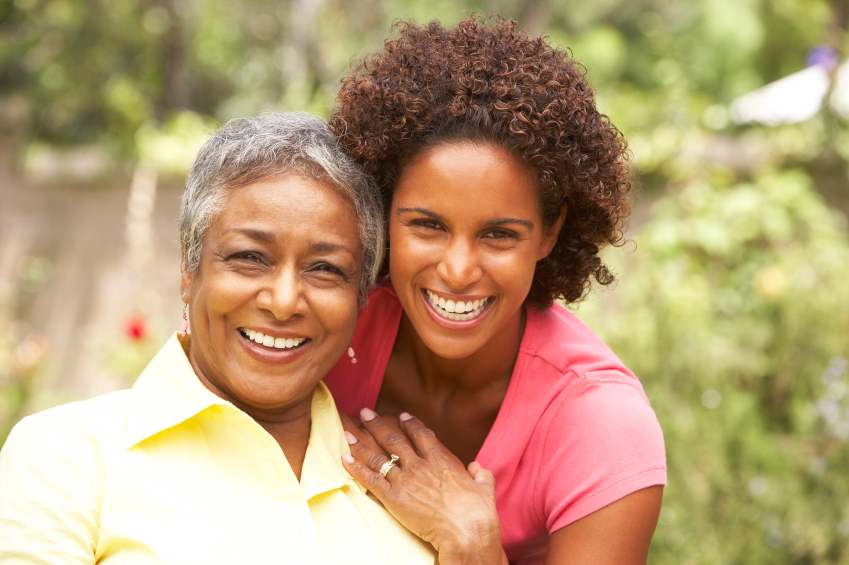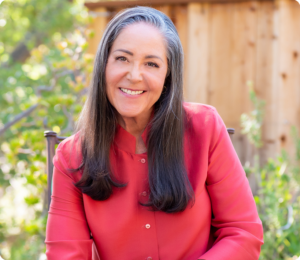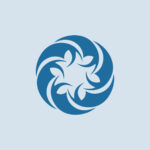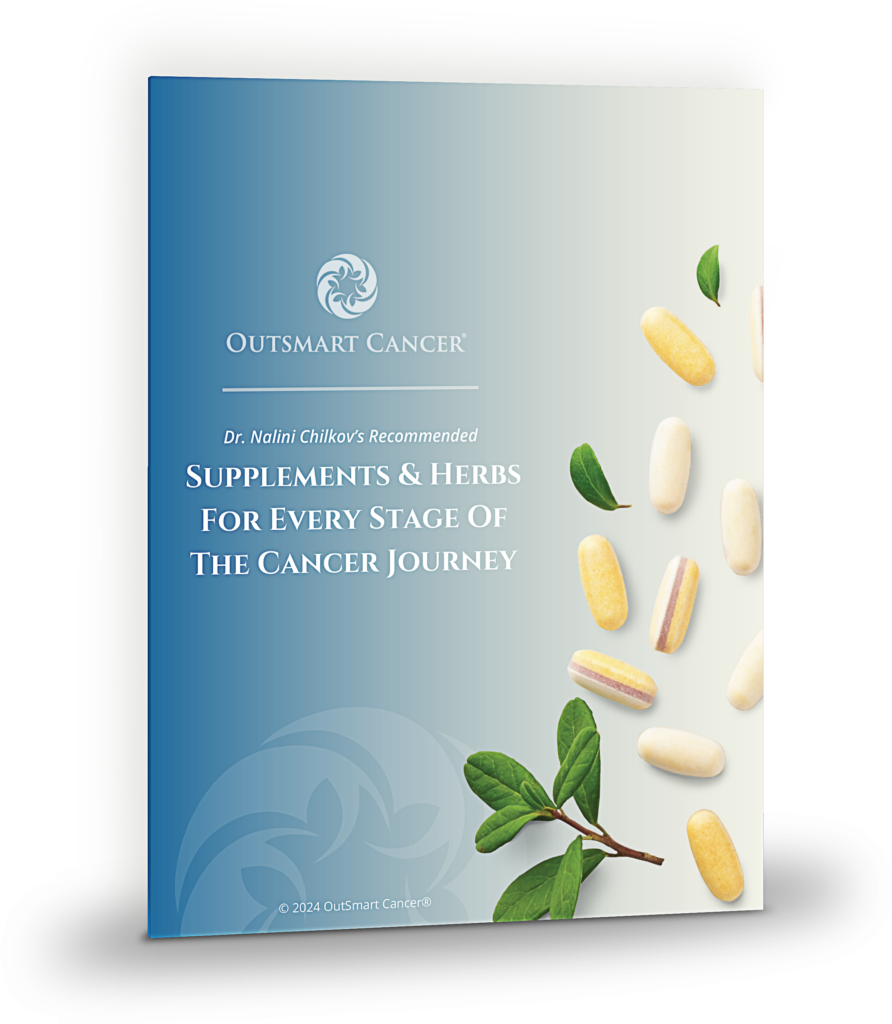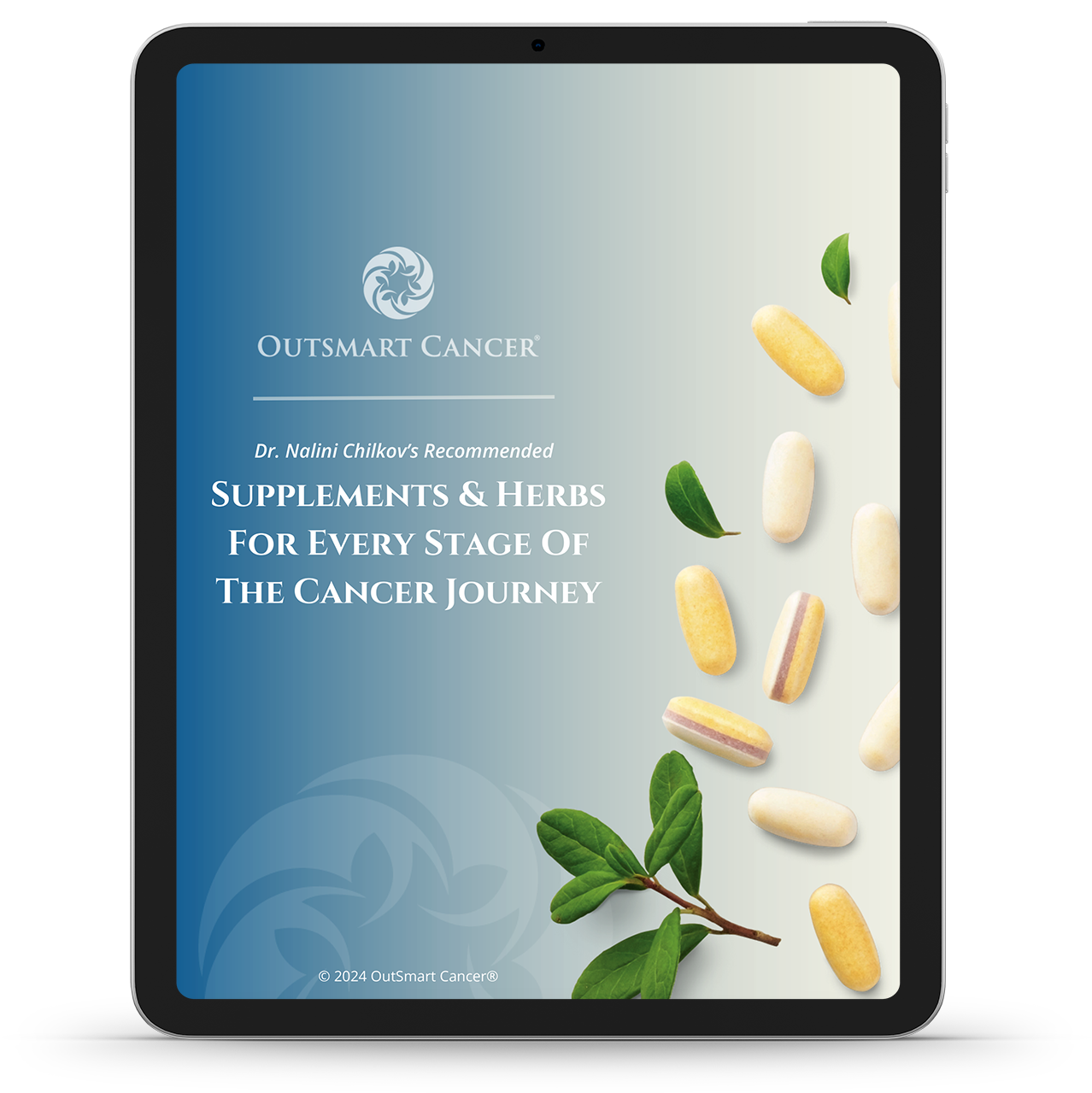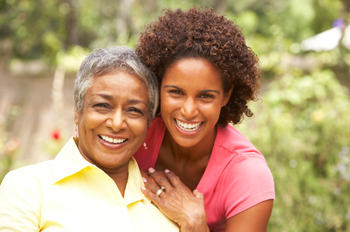
If Your Mother Had Cancer, Are You At Risk? What is The Role of Family History? Should You Get Tested? There is a link between mothers, daughters and cancer risk.
A family history of certain types of cancer can increase your risk. Cancers that most commonly run in families include breast cancer, ovarian cancer, cervical cancer, uterine cancer, prostate cancer (in men of course) and colon cancer. That is why we encourage self exams and screening tests for these cancers. Get them!
Just because your mom had cancer, whether that be breast cancer (or ovarian cancer or any other cancer) does not mean that you will be struck with breast cancer as well. The causes of cancer are complex. Not only genetics, but lifestyle factors such a dietary, exercise and sleep habits as well as exposures to environmental cancer causing chemicals (including body care products and cosmetics) contribute to the development of cancer.
In fact only 13% of women diagnosed with breast cancer have a an immediate relative such as a mother, aunt, sister or grandmother who had breast cancer. That means that for MOST breast cancers family history is not the primary factor. However, a woman who has one immediate female relative with breast cancer will have double the risk and a woman with more than one relative with a history of breast cancer will have three or four times the risk of getting breast cancer. If your female relatives get cancer at a young age, these are usually much more aggressive cancers,then the risk is higher due to that reason. If your mom was diagnosed with breast cancer before the age of 50 will have twice the risk of a woman who has not relatives with breast cancer. But if your mom was diagnosed with cancer after 50, then the risk is not as high. Even if you inherited high risk genes for cancer, those genes have on and off switches. Those genes have to be turned on. There must be a perfect storm which includes the interaction between your environment, your genes, your lifestyle factors to turn on a cancer prone physiology, that both promotes the development and growth of cancer and inhibits the normal control of cancer and the restoration of normal physiology. Genes are not fate, genes are potential.
Men get breast cancer too!! A man who has a close male relative (brother, father, uncle) with breast cancer can also be at increased risk for breast cancer too!!!
If a woman has a close male relative who had prostate cancer will also have increased risk of breast cancer because the physiology of these cancers is very similar. Breast cancer and prostate cancer are both characterized by hormonal metabolic and inflammatory proceses that can occur in both men and women and target hormonally sensitive tissues.
Most cancers are not linked to just one gene. However, there is a particularly aggressive and deadly form of breast cancer that is linked to inherited genetic characteristics that is associated with 5 – 10 % of all breast cancers. These genes are called BRCA-1 and BRCA-2 and there are excellent genetic tests available to determine if you have these mutations. With these genetic mutations you see a breast cancer family where most of the women suffer from virulent cancers that shorten their lives. BRCA genes are also associated with increased risk of colon cancer. This accounts for a small number of breast cancer patients, but if you are one of them, you want to know!!!
There are other gene mutations that are more common in cancer families. These gene mutations include BRCA1, BRCA2, PTEN, p53, CHEK2, ATM. Genes that regulate how DNA is protected and how hormones are metabolised such as MTHFR and CYP1B1 may also be associated. Because having optimal Vitamin D levels is so protective, physicians often screen for Vitamin D levels alterations in the Vitamin D receptor (VDR) as well.
More common in “cancer families” are inefficiencies or anomalies in how hormones and environmental chemicals and detoxified and excreted from the body. Other characteristics that tip the balance towards a pro cancer physiology in a cancer prone person include high body fat due to obesity and overweight, diabetes and pre diabetes with higher levels of insulin and blood sugar, poorly managed use of hormone replacement therapy, high levels of inflammation, exposure to persistent organic pollutants that alter normal hormonal metabolism, abnormal sleep cycle and night shift work. Other factors include having children late in life or having few children or not nursing. (For women who have more children, nurse them and have them at a younger age, this represents a break from lifelong estrogen exposures.)
So, what can you do to lower cancer risk?
Here are the most important steps you can take now
- Talk to your doctor. Ask if you should be tested.
- Know your family history
- Eat A Health Promoting, Low Glycemic, Anti-Inflammatory Diet | Fight Cancer in the Kitchen
- Reduce your exposure to environmental chemicals associated with increased cancer risk
- Get Normal Sleep
- Exercise Regularly
- If you use hormone replacement therapy, be sure you are managed closely and meticulously by an experience health care provider
- Limit your alcohol intake
- Eat a primarily plant based diet filled with a rainbow of colorful plant pigments
- Know the signs and symptoms of cancer and don’t ignore them
- Get screenings for breast, cervical, uterine and colon cancer
- Do More! Read Cancer Control: 32 Steps You Can Take Now
- To Learn How to Recognize Symptoms and Signs of Cancer: Read 16 Signs of Women’s Cancers: A Healthy Woman Checklist
- Learn How to Remove Cancer Causing Toxins From Your Home
- Make sure your blood levels of Vitamin D are optimal
- Eat cabbage family vegetables regularly, especially brocolli and kale to get the benefit of protective sulphoraphanes
